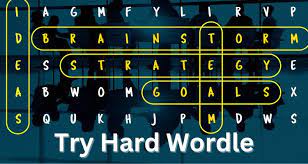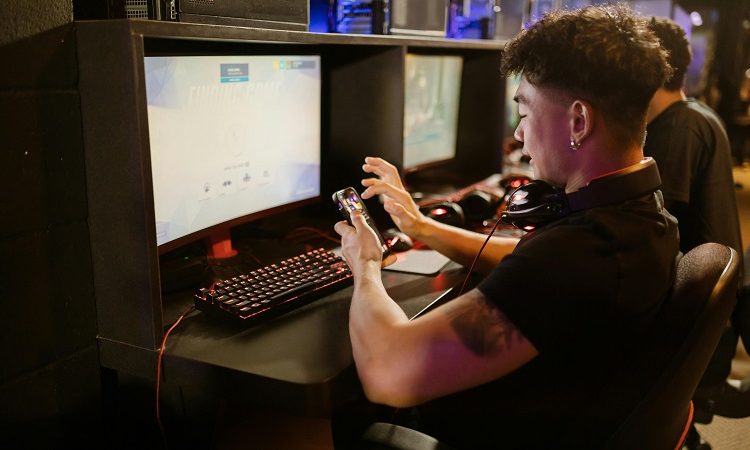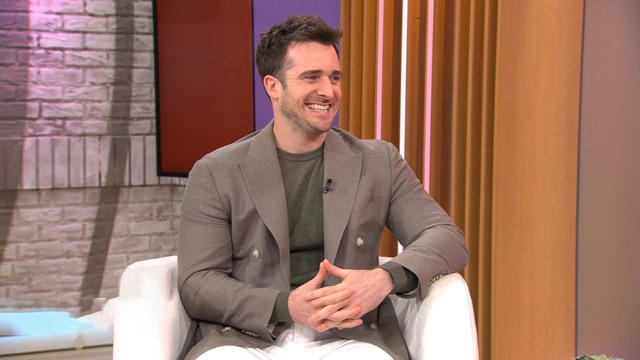Try Hard Wordle

In the world of online word games, few have captured the attention and dedication of players quite like Wordle. As the daily puzzle craze continues to sweep across digital platforms, a new approach to tackling this deceptively simple game has emerged: Try-Hard Wordle.
Wordle, a game developed by Josh Wardle, presents players with the challenge of guessing a secret five-letter word within six attempts. The game provides feedback on each guess, indicating correct letters and their positions. Its straightforward concept has led to widespread popularity, drawing in casual gamers and language enthusiasts alike.
However, within this community of Wordle enthusiasts, a subset of players has emerged, known affectionately (or sometimes mockingly) as “try-hards.” These individuals approach the game with a strategic mindset, aiming not only to solve the puzzle but to do so in the most efficient or impressive manner possible. Thus, Try-Hard Wordle was born.
What sets Try-Hard Wordle apart is the meticulous approach and strategic thinking employed by its players. Rather than relying solely on intuitive guesses, these enthusiasts utilize various techniques and methodologies to crack the code efficiently. Some employ algorithms or word frequency analysis to narrow down possibilities, while others create mental frameworks to categorize potential words based on patterns observed in feedback.
The competitive nature of Try-Hard Wordle has led to the development of a subculture within the broader Wordle community. Forums, social media groups, and online discussions buzz with strategies, tips, and analyses. Players passionately debate the most effective approaches, sharing anecdotes of their quickest victories and celebrating unconventional word choices that stumped opponents.
One of the defining aspects of Try-Hard Wordle is the pursuit of the “perfect game” – solving the puzzle in the fewest possible attempts. While Wordle allows six guesses, skilled players aim to solve it in four, five, or even fewer attempts, pushing the boundaries of their linguistic and deductive abilities. Achieving a perfect game is a badge of honor in this realm, showcasing not just luck but a deep understanding of word patterns and logical deduction.
However, as Try-Hard Wordle gains traction, some argue that the essence of the game may be overshadowed by intense competition and optimization. Critics highlight the potential downside of reducing a casual word game to a competitive battleground, where the joy of casual play may be lost amid the pursuit of perfection.
Despite this debate, the phenomenon of Try-Hard Wordle underscores the fascinating ways in which people engage with online puzzles. It showcases the diversity of approaches individuals take when presented with a seemingly simple challenge, turning it into a canvas for creativity, strategy, and communal interaction.
Conclusion
Whether one approaches Wordle casually or adopts a try-hard mentality, the game’s charm lies in its ability to bring people together through a shared love for words and puzzles. Try-Hard Wordle may be an intense iteration of the game, but at its core, it’s a testament to the endless fascination humans have with the power of language and the joy of cracking a good puzzle.





